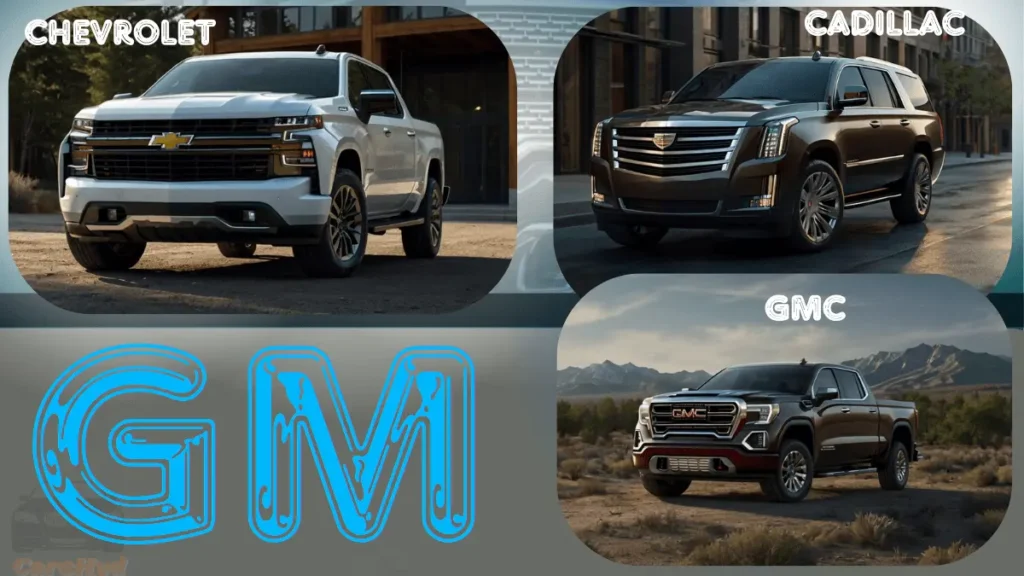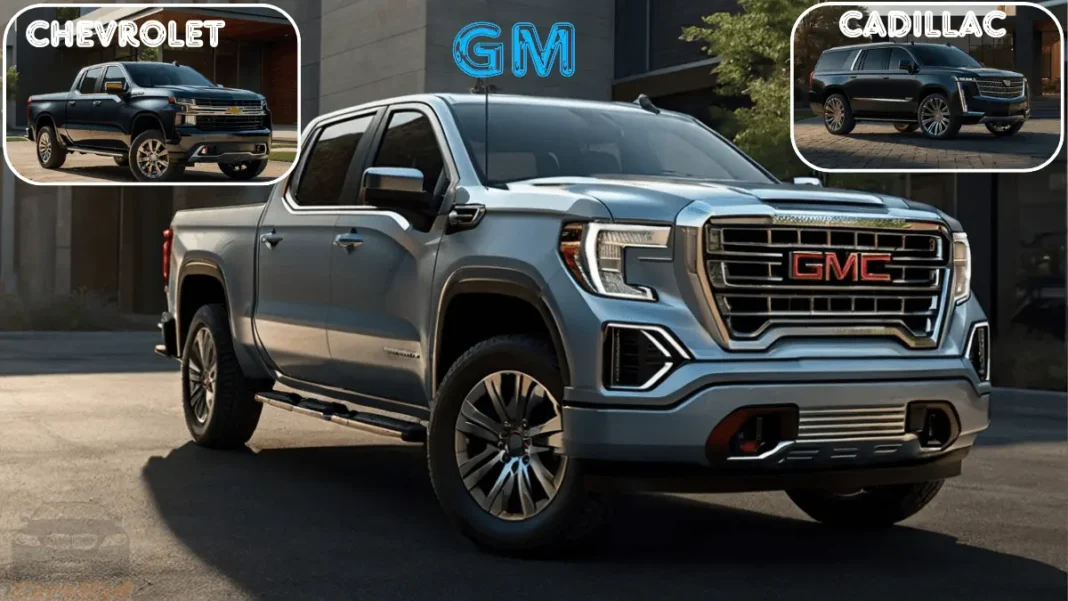General Motors (GM) has announced a significant recall involving nearly 462000 diesel-powered trucks and SUVs. The recall is linked to a transmission defect that could result in rear-wheel lockup, posing an increased risk of accidents. GM is addressing the issue with a free software update to rectify the transmission problem and enhance safety.
What is the Cause of General Motors (GM) Recall?
The root cause of this recall lies in a faulty transmission control valve present in specific vehicles. According to official documents filed with the National Highway Traffic Safety Administration (NHTSA), over time, the valve may degrade, causing a loss of hydraulic pressure within the transmission. This malfunction leads to harsh gear shifts and, in rare instances, can cause the rear wheels to temporarily lock up.
Such a defect creates a serious safety hazard, as the potential for rear-wheel lockup can result in loss of control, increasing the likelihood of a crash. Although no widespread injuries or accidents have been reported, GM is proactively addressing the issue to avoid potential future incidents.
General Motors (GM) Recall: Which Models Are Affected?
This recall affects a range of full-size diesel vehicles manufactured between 2020 and 2022, with models spanning Chevrolet, GMC, and Cadillac. The affected vehicles include:

- Chevrolet:
- Silverado 1500, 2500HD, 3500HD
- Tahoe (2021 model only)
- Suburban (2021 model only)
- GMC:
- Sierra 1500, 2500HD, 3500HD
- Yukon (2021 model only)
- Yukon XL (2021 model only)
- Cadillac:
- Escalade (2021 model only)
- Escalade ESV (2021 model only)
These vehicles are all equipped with GM’s 3.0-liter Duramax diesel inline-six engine, a powertrain known for its reliability and efficiency. However, this engine is now under scrutiny due to its association with the transmission-related flaw.
The Scope and Impact of the Issue sur ces models
GM’s internal investigation revealed that prolonged use of the affected vehicles can cause the transmission valve to wear down, leading to a loss of hydraulic pressure. This pressure loss can result in sporadic rear-wheel lockups, which may not only damage the vehicle’s transmission system but also present a dangerous safety risk. In rare cases, these rear-wheel lockups can cause drivers to lose control of the vehicle, potentially leading to an accident.
Although the issue appears to be rare and no major accidents or injuries have been reported, GM has moved quickly to implement a solution. The automaker’s swift action reflects its commitment to vehicle safety and customer satisfaction.
GM’s Response: A Software Update Solution
In response to this recall, GM has announced a free software update for the affected vehicles. Specifically, this update targets the transmission control module. The module will be reprogrammed to prevent the valve from losing hydraulic pressure. As a result, the update is designed to fix the malfunction and ensure that the vehicles perform safely. This will eliminate the risk of rear-wheel lockup, providing peace of mind to drivers.
GM will encourage owners of affected vehicles to visit their local dealership, where technicians will install the updated software free of charge. To ease the process, GM has also launched a special coverage program, ensuring that technicians complete all repairs at no additional cost to the vehicle owners.
Timeline for Notification and Repairs
GM has established a clear timeline for notifying affected vehicle owners. Beginning on December 9, 2024, the company will start sending official recall notices to owners by mail. Additionally, dealerships are expected to have the necessary software update available by this date. As a result, they will be able to begin repairs immediately, ensuring a smooth and timely resolution for affected customers.
If you own an affected vehicle, you should contact your local dealership to confirm whether your vehicle is part of the recall. Additionally, owners can use the NHTSA’s VIN lookup tool to verify if their vehicle is included.
What Should Vehicle Owners Do Next?
For owners of the affected GM vehicles, GM recommends contacting their dealerships to schedule the necessary repairs. During this period, owners should remain vigilant and be aware of any unusual transmission behavior, such as harsh shifts or unexpected wheel lockups. If any of these symptoms arise, owners are encouraged to bring their vehicles in for service immediately.
While awaiting repairs, owners should continue to drive cautiously and adhere to all standard safety measures. The software update is a simple and effective fix, and GM’s proactive approach to resolving this issue ensures that vehicle safety remains a top priority.
GM’s Commitment to Safety and Customer Satisfaction
This recall highlights GM’s dedication to safety and its commitment to addressing potential vehicle defects in a timely and transparent manner. By offering a free and effective solution, GM is not only resolving a significant safety issue but also reinforcing the trust and loyalty of its customers.
GM’s quick response to the rear-wheel lockup risk demonstrates the company’s commitment to vehicle safety. The recall reflects GM’s ongoing efforts to maintain the highest safety standards. As the recall progresses, customers can stay updated through information from GM and the NHTSA.
This recall highlights the importance of regular vehicle maintenance. Moreover, it emphasizes the need for manufacturers to stay vigilant about potential safety risks. With the fix now in place, GM aims to ensure its fleet of 2020-2022 diesel trucks and SUVs remains reliable. As a result, the company wants these vehicles to continue delivering the performance customers expect. Most importantly, GM is working diligently to eliminate any risk of transmission-related safety issues.
Stay tuned for more updates from GM and the NHTSA as this recall unfolds.















